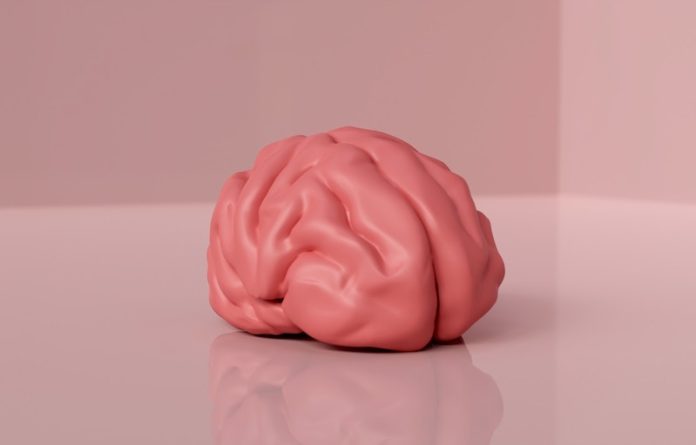
Alzheimer’s Disease has long been associated with the brain, primarily focusing on the build-up of a protein known as Amyloid-beta (Aβ).
This accumulation forms plaques in the brain, leading to the symptoms most commonly linked with Alzheimer’s. However, recent findings indicate that there’s more to this story than previously thought.
A Shift in Focus – Blood Supply to the Brain
The University of Manchester’s research has unearthed a crucial connection between Alzheimer’s Disease and the brain’s blood supply.
The outer layer of our brain is riddled with tiny arteries called pial arteries. They regulate the flow of blood and oxygen, ensuring the brain receives the essential nutrients it needs.
However, the research team discovered a shortened version of the Amyloid-beta protein, known as Amyloid-β 1-40 (Aβ 1-40), accumulating in the walls of these small arteries.
This build-up leads to a significant narrowing of the arteries, affecting the blood flow. Consequently, the brain might become deprived of vital nutrients, causing memory loss – a hallmark of Alzheimer’s.
The root cause of this artery narrowing? Aβ 1-40 effectively “turns off” a protein named BK, responsible for signaling arteries to expand.
Experiments with older mice prone to Alzheimer’s demonstrated these very findings, with the arteries in these mice appearing much narrower than those in healthy mice.
A Ray of Hope – The Road to Developing New Drugs
With a clearer understanding of how Aβ 1-40 impacts the BK protein and blood vessels, researchers are eager to dig deeper. They aim to identify the exact section of Aβ 1-40 that blocks the BK protein.
This knowledge might pave the way for creating drugs that prevent this blockage, potentially halting or even reversing the progression of Alzheimer’s Disease.
Dr. Adam Greenstein, a key figure in the research, highlighted the significance of these findings. He pointed out that while over 500 drugs focusing on brain nerves have been tested to cure Alzheimer’s, none have succeeded.
This fresh perspective focusing on small blood vessels might just be the game-changer in the fight against the disease.
Echoing Dr. Greenstein’s optimism, Professor Metin Avkiran from the British Heart Foundation emphasized the importance of these findings.
With a rising number of Alzheimer’s cases in the UK and around the world, any progress toward an effective treatment would be a monumental step.
Conclusion
The fight against Alzheimer’s Disease might have just taken a positive turn, thanks to the groundbreaking research from the University of Manchester.
By unveiling the link between the disease and blood vessels in the brain, scientists have renewed hope for developing effective treatments in the future.
If you care about Alzheimer’s, please read studies about Vitamin D deficiency linked to Alzheimer’s, vascular dementia, and Oral cannabis extract may help reduce Alzheimer’s symptoms.
For more information about brain health, please see recent studies about Vitamin B9 deficiency linked to higher dementia risk, and results showing these antioxidants could help reduce dementia risk.
The study was published in PNAS.
Follow us on Twitter for more articles about this topic.
Copyright © 2023 Knowridge Science Report. All rights reserved.



